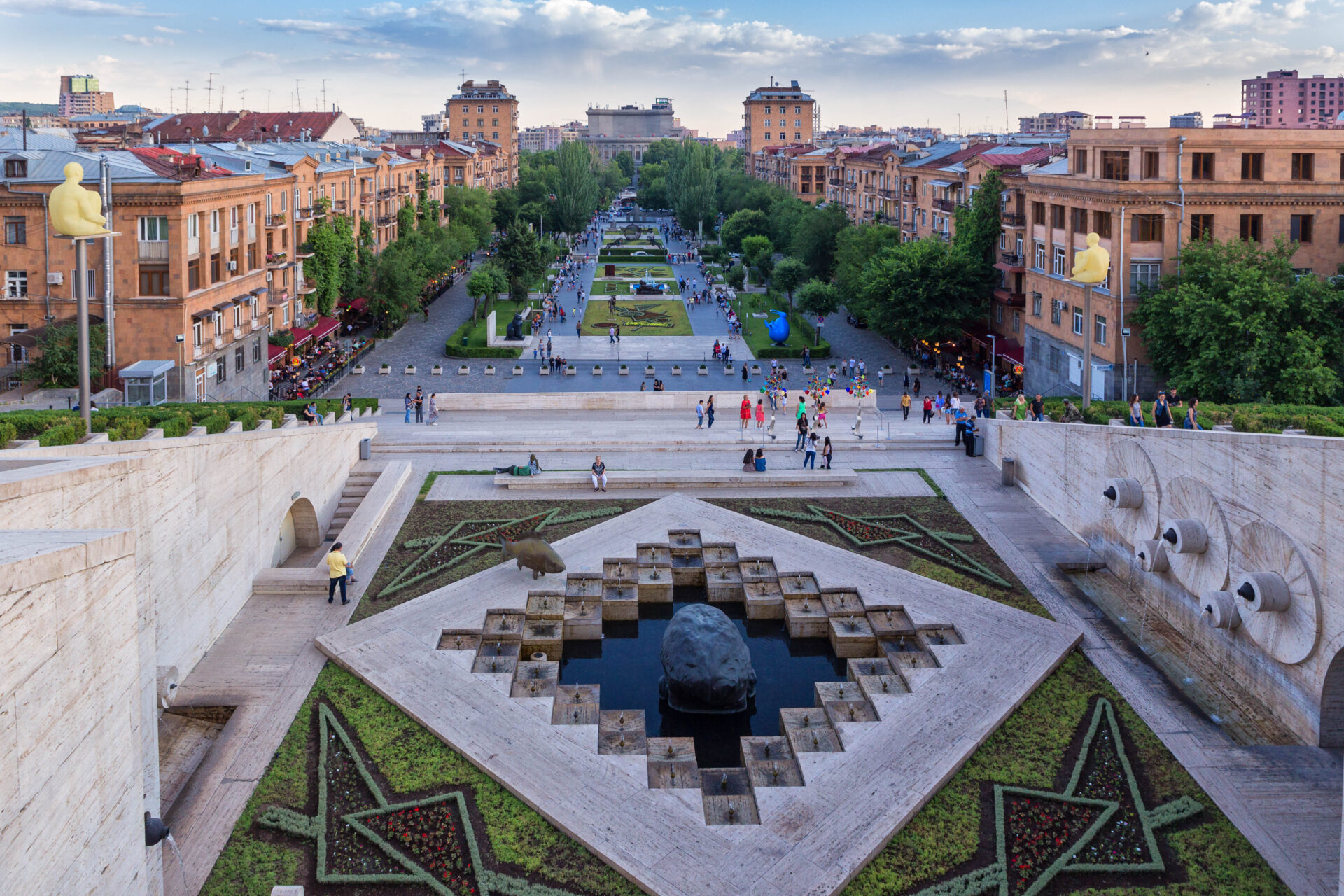A recent nationwide survey conducted by the Arar Foundation reveals deep public skepticism in Armenia regarding peace prospects with Azerbaijan and growing dissatisfaction with the country’s domestic governance.
68.5% of respondents do not believe that lasting peace with Azerbaijan can be achieved through negotiations, while only 30.8% remain hopeful about a diplomatic resolution. The data underscores persistent public mistrust in the peace process amid ongoing regional tensions.
The survey further found that 62.8% of respondents believe a peace treaty with Baku is impossible without first resolving the Artsakh (Nagorno-Karabakh) issue. In contrast, 33.5% believe a peace deal can be signed independently of the Artsakh conflict.
Notably, 87.5% of participants agreed with the statement: “The loss of Artsakh is temporary, we must strengthen our army and bring back what was lost.” This suggests a widespread perception that the current situation is not permanent and could be reversed through national resilience and defense.
When asked about the future of Artsakh, approximately 34% of respondents said they believe it is irretrievably lost—down from a high of 47.4% in July 2023. This indicates a recent shift away from resignation toward a more hopeful or determined public outlook.
In addition, the proportion of those who believe that displaced Artsakh Armenians could return to their homes under Azerbaijani rule—provided they are granted autonomy—has nearly doubled since late 2023, rising from 10.8% to 23.7%. This reflects a growing openness among some segments of the population to explore potential frameworks for return, despite the prevailing skepticism.
The study also assessed public perception of various national institutions, revealing contrasting levels of trust and satisfaction. The Armenian Apostolic Church received relatively strong support, with 59.7% rating its activities highly on a 10-point scale, while 18.7% expressed dissatisfaction.
The Armenian Armed Forces also enjoy significant public confidence, with 61.7% of respondents satisfied with their performance. However, views on political leadership were far less favorable.
The National Assembly received the lowest marks, with 58.5% of respondents dissatisfied with its performance. The government followed, with 45.8% expressing disapproval, and the police trailed behind with 24.3% dissatisfaction. Satisfaction rates stood at 18.5% for the parliament, 27.8% for the government, and 49% for the police.
The survey also highlighted a widespread sense of dissatisfaction with both domestic and foreign policy. A majority—67.8%—disapprove of the government’s handling of internal affairs, while only 25.4% expressed satisfaction. Similarly, 58.9% of respondents believe Armenia’s foreign policy is heading in the wrong direction, with just 31.5% supporting the current approach.
The poll, conducted via telephone using computer-generated numbers between May 8 and June 5, 2025, gathered responses from 1,071 participants across Armenia. Respondents were sampled from both urban and rural areas of the country, ensuring national representativeness.
Arar Foundation Director Armen Khachikyan, who presented the findings, emphasized that the results reflect a critical moment in Armenian public opinion, shaped by lingering post-war uncertainty, geopolitical challenges, and domestic political discontent.


